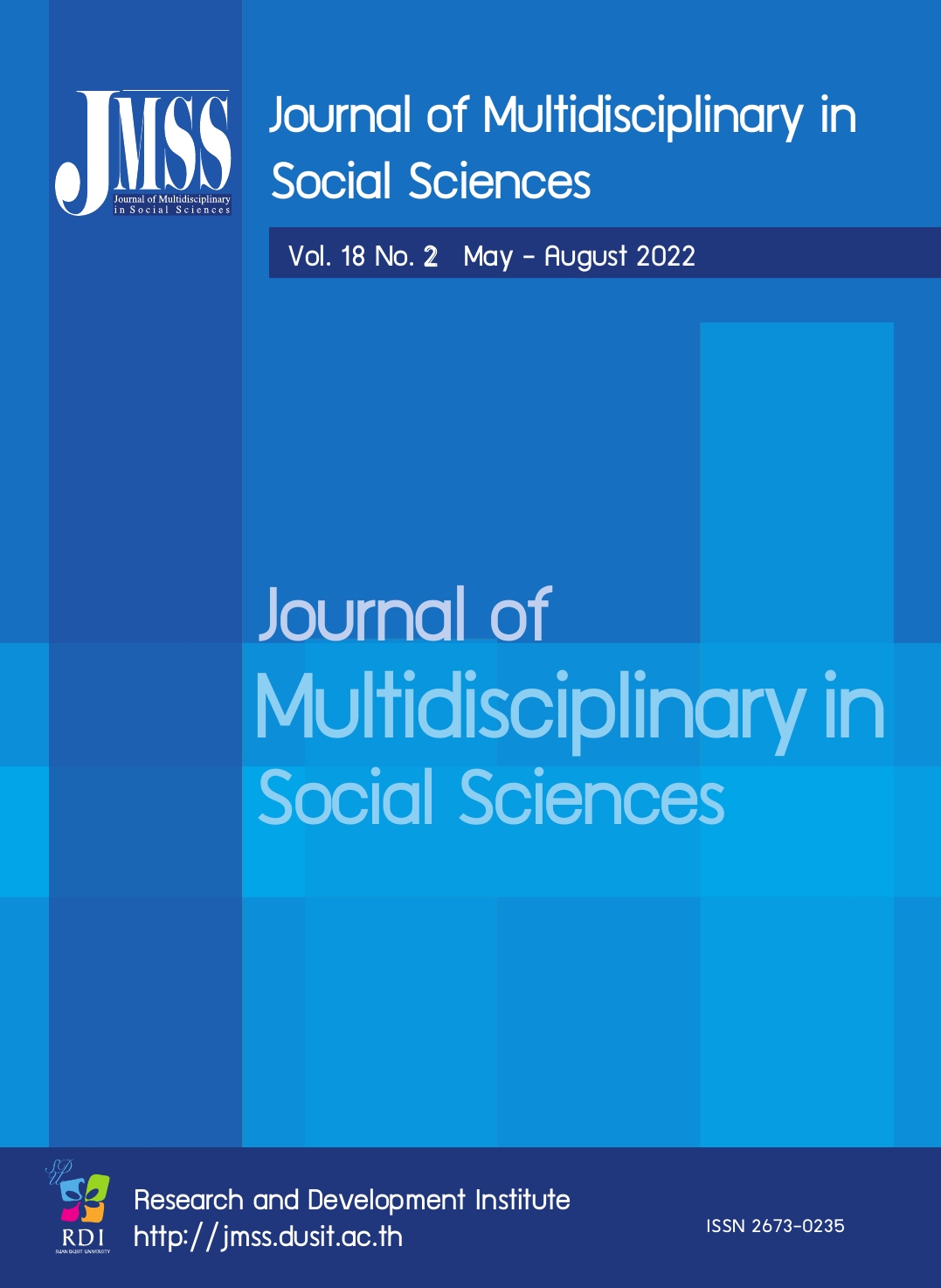Computer Literacy of Government Employees Correlated to Job Performance and Satisfaction
Keywords:
Computer literacy, job performance, Job satisfaction, Government employeesAbstract
This correlational study aimed to determine the relationships among computer literacy, job satisfaction, and job performance of 121 government employees in the Municipality of Calinog, Iloilo, Philippines who were selected using total enumeration during the year 2018. This study utilized the adapted Perception of Computer Technology Competencies, Performance Evaluation, and An Index of Job Satisfaction. The research used statistical tools such as the mean, standard deviation, and Pearson’s r where alpha was set at 0.01. The findings of the study revealed that the participants were “Skilled” in their computer literacy, “Fairly Satisfied” in their work, and had a “High” level of job performance. Furthermore, the study revealed that computer literacy, job satisfaction, and job performance were positively correlated. It is suggested that the government employees be continuously provided by relevant trainings, seminars, and workshops because such trainings have positive bearings on their job satisfaction and performance.
References
Arno, E. (2012). The role of technology in teaching languages for specific purposes courses. Modern Language Journal, 95, 88-103.
Bentley, T. M. (2015). The game studio: Developing literacy through the lens of game design (Doctoral dissertation, Middle Tennessee State University). Tennessee: Middle Tennessee State University.
Bhandari, P. (2022). Correlational research: When & how to use. Retrieved April 16, 2022 at https://www.scribbr.com
De Gruyter (2015). The Use of PC at work and job satisfaction. Retrieved April 25, 2022 at www.degruyter.com
Kasemsap, K. (2017). The significance of job satisfaction in modern organizations. Retrieved April 16, 2022 at https://www.igi-global.com
Katebi, A., HajiZadeh, M.H., Bordbar, A., & Salehi, A.M. (2022). The relationship between “job satisfaction” and “job performance”: A meta-analysis. Retrieved April 16, 2022 at https://link.springer.com
LaMorte, W.W. (2021). The correlation coefficient (r). Retrieved April 25, 2022 at https://sphweb.bumc.bu.edu
Leonard, K. (2019). The advantages of being computer literate in the workforce. Retrieved April 25, 2022 at www.smallbusiness.chron.com
Mount, M., Ilies, R., & Johnson, E. (2006). Relationship of personality traits and counterproductive work behaviors: The mediating effects of job satisfaction. Personnel Psychology, 59(3), 591-622.
Ogundele, M. O. & Etejere, P. A.O. (2013). Computer Literacy and secondary school teachers’ job effectiveness in Kwara State, Nigeria. Retrieved April 25, 2022 at www.journal.lib.uoguelph.ca
Oh, J.H., Rutherford, B.N., & Park, J. (2014). The interplay of salesperson’s job performance and satisfaction in the financial services industry. Journal of Financial Services Marketing, 19(2), 104-117. https://doi.org/10/1057/fsm.2014.7
Rahman, A.A., Miskam, M.A.A., & Harun, N.A. (2019). Computer literacy: Computer, e-mail, internet and job satisfaction. International Journal of Recent Technology and Engineering (IJRTE), 7(6S2), 277-280
Sahito, Z. & Vaisanen, P. (2017). Effect of ICT skills on the job satisfaction of teacher educators: Evidence from the universities of the Sindh Province of Pakistan. International journal of higher education, 6(4), 122-136.
Sanchez-Beaskoetxea, J., & Coca Garcia, C. (2015). Media image of seafarers in the Spanish printed press. Maritime Policy and Management, 42(2), 77-110.
Son, J. B., Robb, T., & Charismiadji, I. (2011). Computer literacy and competency: A survey of Indonesian teachers of English as a foreign language. ComputerAssisted Language Learning Electronic Journal (CALL-EJ), 12(1), 26-42.
Yuen, K.F., Loh, H.S., Zhou, Q., & Wong, Y.D. (2018). Determinants of job satisfaction and performance of seafarers. Transportation Research Part A: Policy and Practice, 110 (November 2017), 1-12. https://doi.org/10/1016/j.tra.2018.02.006.
Downloads
Published
How to Cite
Issue
Section
License

This work is licensed under a Creative Commons Attribution-NonCommercial-NoDerivatives 4.0 International License.








